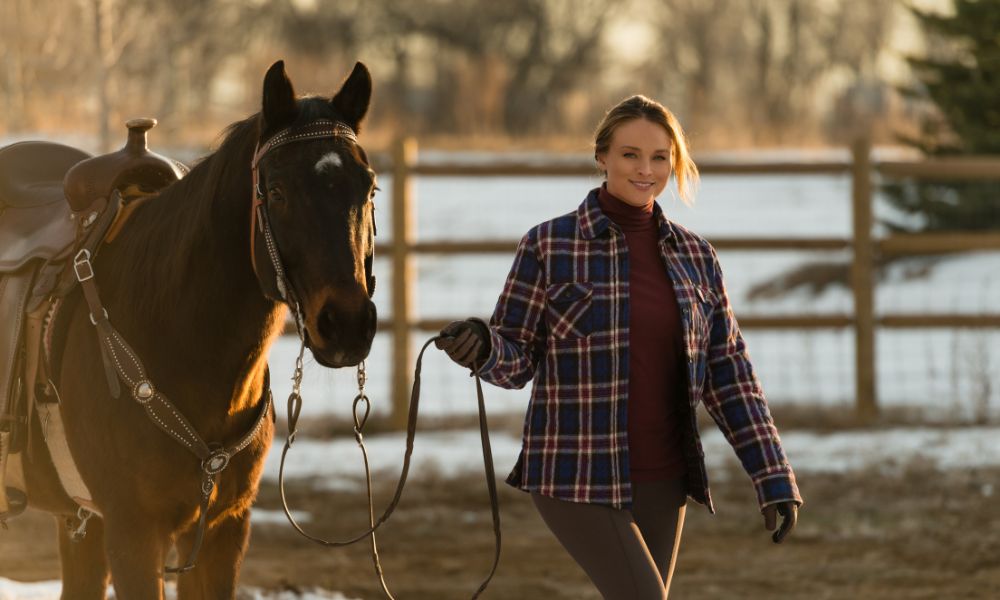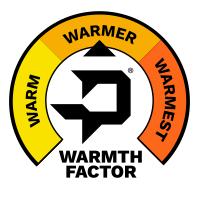
Top 5 Tips for Choosing the Best Farm Work Clothing
Farm work is hard work, and it often means being exposed to dirt and various weather conditions. Part of what makes working outside tolerable depends on the clothes you wear. To help, here are a few tips for choosing the best farm work clothing so you can get the job done as comfortably and easily as possible.
Cold Weather
You need insulation and thermals for your legs and body; depending on how cold it is, you'll need lightweight, midweight, or heavyweight thermals. The right thermals should be breathable and moisture-wicking to allow sweat to evaporate while trapping body heat. Ideally, they're made of synthetic material, merino wool, or a blend of the two. Cotton is never the answer, as it will absorb all the sweat and keep you wet, making you vulnerable to hypothermic conditions.
Your insulating layer retains heat, trapping "dead air" while keeping cold air out. It should also allow your thermal layer to breathe so sweat can evaporate. This layer can be made of fleece or wool or be an insulated jacket without windproof material, as it will make you sweat more. Avoid materials such as down because once it gets wet, it's hard to get dry again.
Inclement Weather
If it's cold and rainy, you'll follow the same layering tips as you would with cold weather, but with one extra step. This last layer is your outer layer and is designed to protect you from the elements.
If it's raining and muddy, you'll need a waterproof jacket, also known as a hard shell; this jacket should maintain breathability to release sweat and be waterproof. Snow eventually equals water; if it's snowing, you'll also want an outer layer that keeps out water. Don't forget your legs! There are plenty of hard-shell pants you can put on over regular work pants and tuck your work boots into.
Warm Weather
When it's hot outside, it's tempting to wear as little clothing as possible, but seasoned outdoor workers know that just leads to painful sunburns. In this case, you need to focus on loose, breathable clothing and cover as much as possible. Nylon and polyester, in light colors, will ensure your body can breathe and the sun won't beat down on you. UPF-rated clothing is designed to protect your skin from UV rays, going up to UPF 50+ while still being breathable and allowing sweat to evaporate.
Not only is knowing how to choose the best farm work clothing critical to keeping you comfortable, but it's also an important part of keeping you safe. This is especially so in cold weather where a brisk wind can turn life-threatening, so be sure to find the right thermal wear and keep your extremities protected. And no matter the weather condition, always wear SPF on exposed parts of your skin, as UV rays can break through any amount of cloud coverage.

